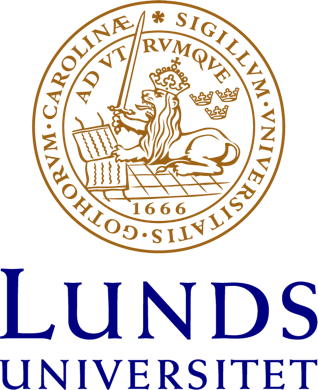Culturing patient-derived malignant hematopoietic stem cells in engineered and fully humanized 3D niches
Human malignant hematopoietic stem and progenitor cells (HSPCs) reside in bone marrow (BM) niches, which remain challenging to explore due to limited in vivo accessibility and constraints with humanized animal models. Several in vitro systems have been established to culture patient-derived HSPCs in specific microenvironments, but they do not fully recapitulate the complex features of native bone
